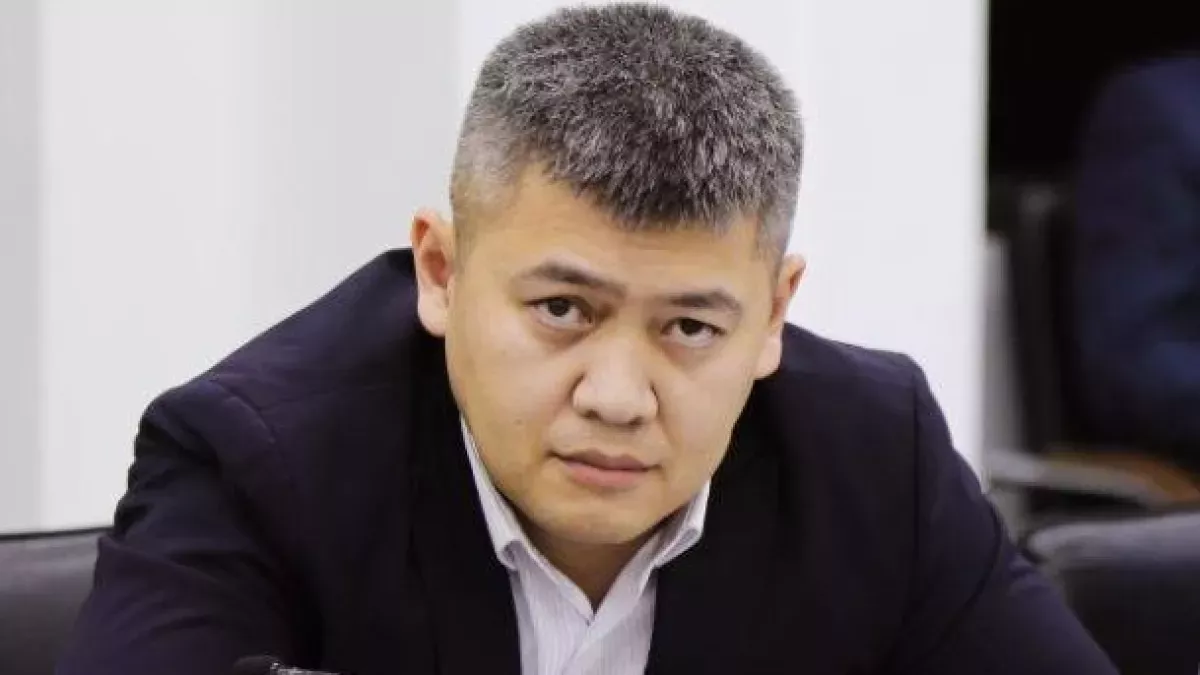Containment policy or partnership game? Experts weigh in on the upcoming US-China summit
Chinese President Xi Jinping will meet with US President Donald Trump in South Korea on October 30. According to the Chinese Ministry of Foreign Affairs, the leaders will exchange views on China–US relations and issues of mutual interest during their talks. On his part, Trump stated on October 25 that he intends to discuss with the Chinese leader matters concerning Russia and Ukraine, as well as express hope for Beijing’s assistance in resolving the Russia–Ukraine conflict.
It is worth noting that the dialogue between the United States and China is attracting the world’s attention—too much depends on how constructively the two sides manage their relationship, as the global economy trembles under the impact of US tariffs and China’s retaliatory measures.
What could be the outcome of the meeting between Donald Trump and Xi Jinping? What are the potential consequences of the confrontation between Washington and Beijing? How might US–China relations affect the geopolitics of Central Asia and the South Caucasus? Caliber.Az asked China experts to weigh in on these questions.

Thus, Kyrgyz political scientist and China expert, Master’s graduate of Zhejiang University Aibolot Aidosov, believes that with Donald Trump’s arrival in the White House, the confrontation between China and the United States has noticeably intensified and has now reached a high level of tension.
According to him, “so far, we are only observing the process of this conflict accumulating, and its peak may still be ahead.” The expert also noted that the measures Washington has taken to contain Beijing have not produced the expected effect.
“Tariffs and other restrictions imposed by the US on China have not yet led to tangible results. The Chinese economy continues to show stable growth, and Beijing’s influence is expanding, especially in Latin America, Africa, and Asian countries,” Aidosov emphasised.
According to the Zhejiang University graduate, all of the United States’ foreign policy today is aimed at maintaining global leadership.
“The main goal of Washington is to preserve the dominant role of the dollar and maintain control over the global financial system and economy. But the phase the world is currently in—division into blocs and the formation of new spheres of influence—does not serve US interests. America is trying to retain its leadership and prevent conflicts, yet hotspots of tension are emerging more and more frequently, and Washington cannot respond in time,” the political analyst noted.
According to him, the long-standing American strategy of relocating industry to Southeast Asia has now backfired on the United States:
“When Washington focused on developing technology and innovation while transferring manufacturing to countries with cheap labour, these states—primarily China—not only absorbed the technology but also became leaders in the production process. Today, global manufacturing is concentrated in Southeast Asia, and it is no longer possible to bring industry back to the West. As a result, any tariffs now affect the cost of goods worldwide,” the expert said.
He also added that the current period of global conflicts, to some extent, works in Beijing’s favour:
“The US is spending enormous resources on supporting Ukraine and other military needs, as well as strengthening its military influence worldwide, while China is investing in the development of its own economy and defence industry. We saw this during the September parade in Beijing, which showcased significant achievements of the Chinese defence sector. Clearly, this represents only a portion of China’s capabilities,” Aidosov said.
The analyst also emphasised that China’s Belt and Road Initiative is now being actively implemented worldwide, engaging dozens of countries and turning them into strategic partners of Beijing:
“This is causing serious concern in the United States, as China is gradually expanding its political and economic influence.”
Speaking about Central Asia and the South Caucasus, the expert noted that these regions are already deeply involved in Chinese projects.
“The US is trying to strengthen its position there in order to reduce Beijing’s influence. But for the regional states, this is an excellent window of opportunity to pursue their own interests and geopolitical objectives, especially since the two leading global actors are already, albeit not yet very actively, competing for influence in these regions. At the same time, it is crucial for these countries to develop a balanced policy—maintaining independence, strengthening statehood, and simultaneously taking advantage of emerging opportunities for national development,” concluded Aidosov.

Meanwhile, Georgian political scientist, Doctor of Military and Political Sciences, professor, and China expert Vakhtang Maisaia believes that the relationship between China and the United States today can be described as a kind of “partnership game.”
In his view, Donald Trump’s administration is shaping its policy towards Beijing based on pragmatic interests, evaluating China’s economic and social model primarily in terms of efficiency.
“China has demonstrated impressive results in its development. The country has virtually solved the problem of poverty, which today is becoming a matter of historical record. At the same time, China possesses a high-tech, digital economy, which, unsurprisingly, draws criticism from the American administration,” he said.
The expert reminded that Donald Trump, being primarily a representative of big business, focuses on economic cooperation where commercial benefits remain a priority:
“From this perspective, the relationship between Washington and Beijing in some ways returns to the model of Deng Xiaoping’s era, when China opened up to American investment, which in turn fueled the country’s rapid economic growth. Now, in the 21st century, history seems to be taking a new turn in this direction.”
In his view, the meeting between Xi Jinping and Donald Trump will be strategic in nature and primarily aimed at maintaining the partnership between the two powers.
“Of course, there will remain certain economic and business nuances that still act as barriers in the dialogue, but the overall direction is nonetheless towards balance and mutually beneficial cooperation,” concluded Maisaia.








